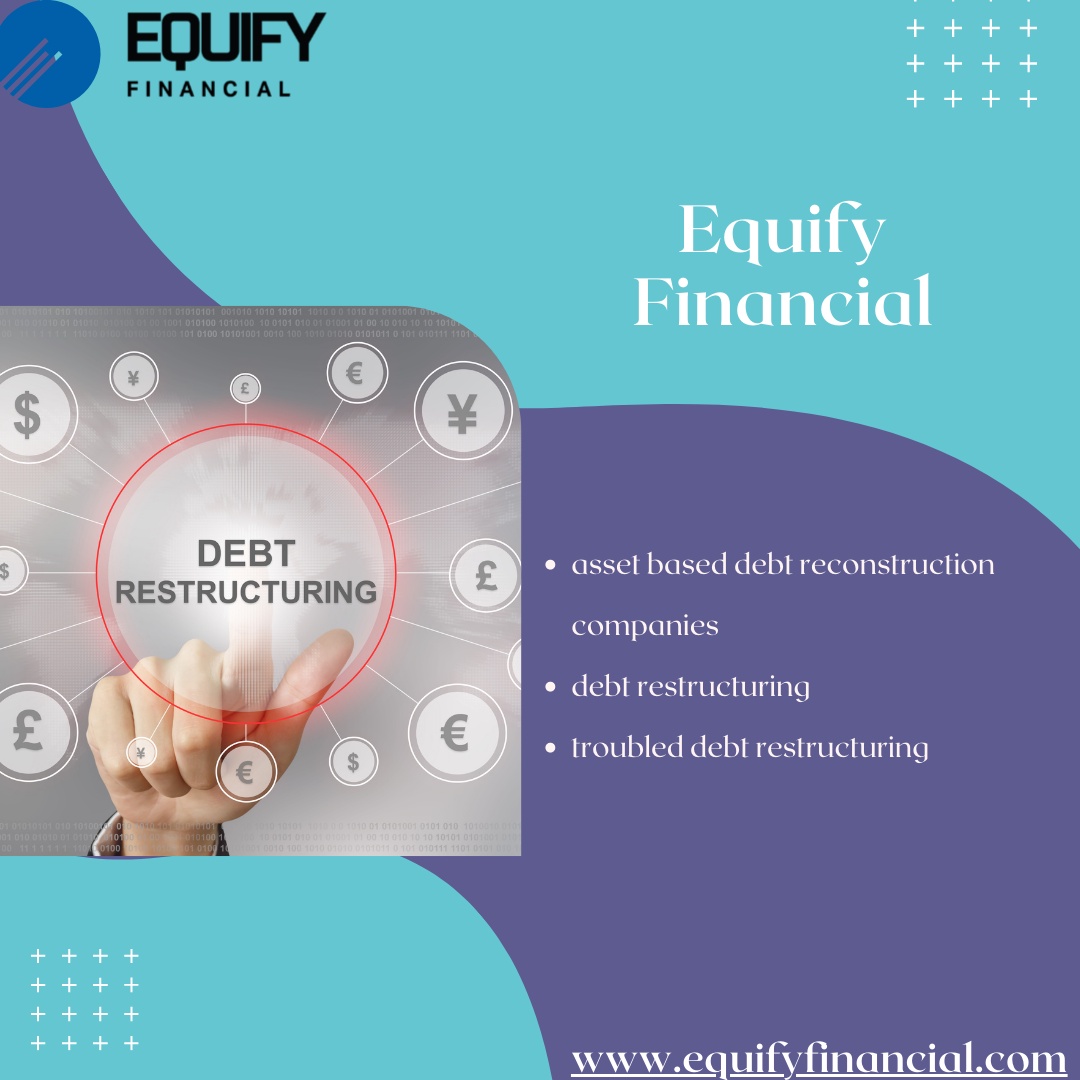Debt can be a major burden on one's financial stability and can cause immense stress. But don't worry, debt restructuring can help alleviate this pressure! By restructuring your debt, you have the opportunity to reorganize your finances and create a feasible repayment plan that better suits your financial situation. In this blog post, we will explore the art of debt restructuring, including its various strategies for financial recovery. Whether you're dealing with equipment leases or credit revolvers like revolver loans - we've got you covered. So let's dive in and discover how you can take control of your finances through effective debt restructuring techniques!
Define Debt Restructuring
Debt restructuring is a process that allows borrowers to modify the terms of their current debt agreement in order to make it more manageable. This can involve negotiating with creditors for lower interest rates, extended repayment periods, or even forgiving a portion of the principal balance. Essentially, debt restructuring aims to provide relief from excessive financial strain and avoid defaulting on payments.
Pros and Cons of Debt Restructuring
Debt restructuring can provide a way for individuals and businesses to manage their debt obligations more effectively. However, it's important to understand the pros and cons of this strategy before deciding if it's right for you.
Pros:
One major benefit of debt restructuring is that it allows borrowers to negotiate new terms with their creditors. This negotiation may result in lower interest rates or longer repayment periods, making monthly payments more manageable.
Another advantage of troubled debt restructuring is that it can help protect your credit score by avoiding default or bankruptcy. By renegotiating loan terms, you're showing lenders that you are committed to repaying your debts.
Cons:
On the other hand, there are also potential downsides to consider when considering debt restructuring. For example, negotiating new terms may require significant effort and resources from both parties involved.
Another disadvantage is that some lenders may be unwilling to restructure loans at all due to perceived risks associated with the borrower's history or financial situation.
Weighing the advantages against the disadvantages will depend on individual circumstances. It’s always best practice to consult with a reputable advisor prior to taking any action regarding one’s finances


No comments yet